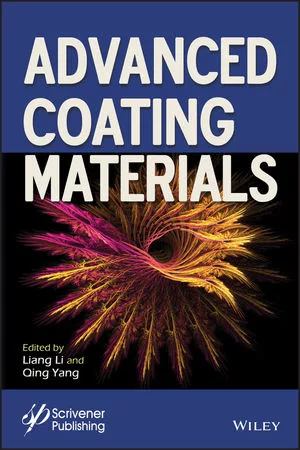Queen’s University Researchers Develop Coating that Repels Water and Oil-Based Deposits
KINGSTON, Ontario - A new technology developed at Queen’s University, Kingston, Ontario, could see contaminants, ice, fingerprints and graffiti losing their grip on a wide range of surfaces. Discovered by researchers Guojun Liu and Dean Xiong, the coating has shown promise in repelling undesired water and oil-based deposits on multiple surfaces including glass, metal, wood, ceramics, plastics and fibers.
Lorama Inc., a manufacturer and supplier of novel additives to the paint and coatings industry, is working with the researchers and PARTEQ Innovations, the university’s technology transfer office, to commercialize the technology for a broad suite of uses, including anti-graffiti, anti-icing, anti-fingerprint or smudge, and anti-fouling.
“Our discovery was inspired by the lotus leaf, which has given us a wonderful example of a self-cleaning system, designed by nature,” said Liu, a Tier 1 Canada Research Chair in Materials Science and an award-winning researcher.
The industry-academic collaboration is supported by Ontario Centres of Excellence (OCE), which is following up an initial investment of $25,000 with an additional $200,000 in development funding.
PARTEQ Innovations is the not-for-profit technology transfer office founded by Queen’s University. It works with institutional researchers, industry, and the business and venture capital communities to bring early-stage technologies to market.
Looking for a reprint of this article?
From high-res PDFs to custom plaques, order your copy today!





